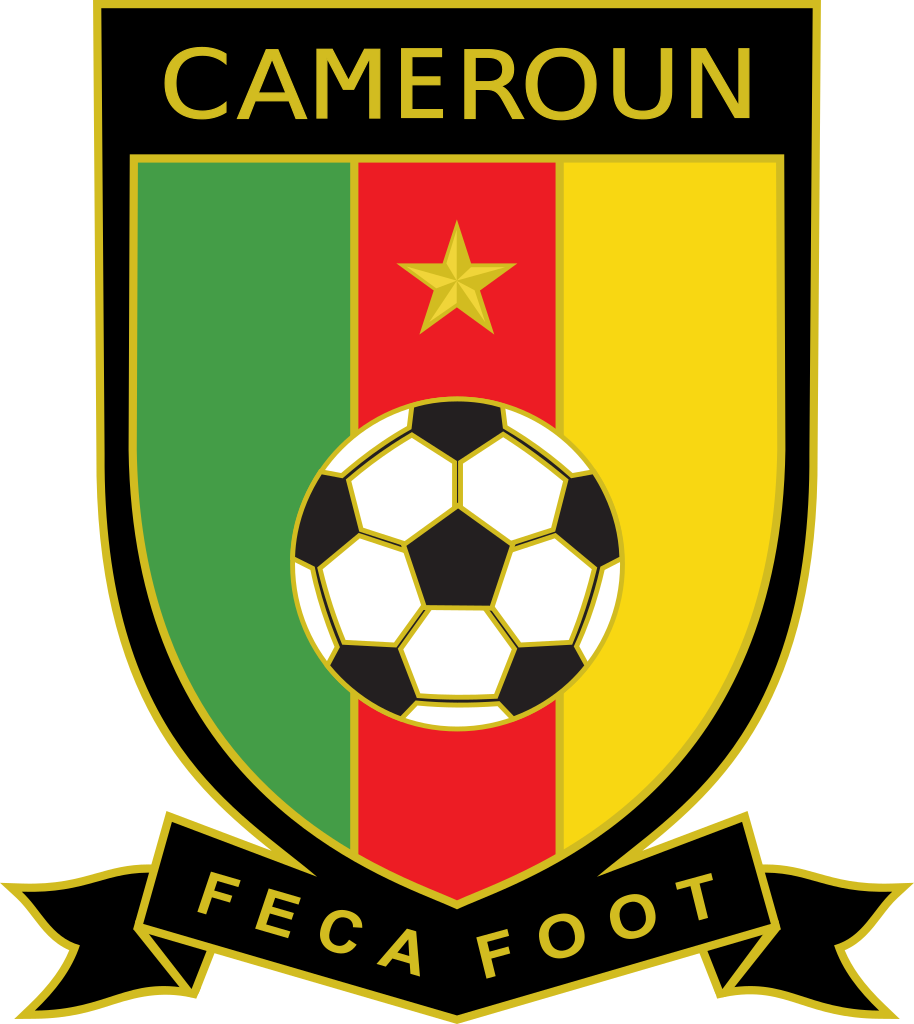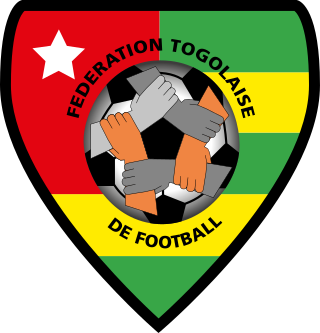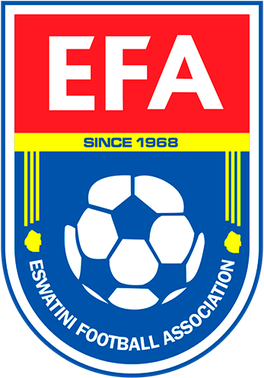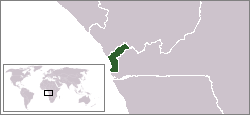Related Research Articles

The Africa Cup of Nations referred to as AFCON, and sometimes as African Cup of Nations, is the main international men's association football competition in Africa. It is sanctioned by the Confederation of African Football (CAF), and was first held in 1957. Since 1968, it has been held every two years, switching to odd-numbered years in 2013.

The Cameroon national football team, also known as the Indomitable Lions, represents Cameroon in men's international football. It is controlled by the Fédération Camerounaise de Football, a member of FIFA and its African confederation CAF.

The Egypt national football team, known colloquially as "the Pharaohs", represents Egypt in men's international football, and is governed by the Egyptian Football Association (EFA), the governing body of football in Egypt. The team's historical stadium is Cairo International Stadium, although matches are sometimes played at Borg El Arab Stadium in Alexandria.

The Tunisia national football team represents Tunisia in men's international association football. The team is a member of both FIFA and CAF, the Confederation of African Football. It is governed by the Tunisian Football Federation, founded in 1957. Colloquially known as the Eagles of Carthage, the team's colours are red and white, and the bald eagle is its symbol. Most of Tunisia's home matches are played at the Stade Olympique de Radès in Radès since 2001. Jalel Kadri has been coaching the team since 30 January 2022.

The Togo national football team represents Togo in international football and is controlled by the Togolese Football Federation. The national football team of Togo made their debut in the FIFA World Cup in 2006. Their team bus underwent a fatal attack in Angola prior to the 2010 Africa Cup of Nations. They withdrew and were subsequently banned from the following two tournaments by the Confederation of African Football (CAF). In 2013 for the first time in history, Togo reached the quarter-finals of the Africa Cup of Nations. The team represents both FIFA and Confederation of African Football (CAF).

The Burkina Faso national football team, represents Burkina Faso in men's international football and is controlled by the Burkinabé Football Federation. They were known as the Upper Volta national football team until 1984, when Upper Volta became Burkina Faso. They finished fourth in the 1998 Africa Cup of Nations, when they hosted the tournament. Their best ever finish in the tournament was the 2013 edition, reaching the final.

The Eswatini national football team, nicknamed Sihlangu Semnikati, represents Eswatini, formerly known as Swaziland, in international football and is controlled by the Eswatini Football Association. It has never qualified for the World Cup or the Africa Cup of Nations finals. Swaziland's best performance in an international tournament is a semi-final finish in the COSAFA Cup.

Édouard Kodjovi "Edem" Kodjo, was a Togolese politician and diplomat. He was Secretary-General of the Organisation of African Unity from 1978 to 1983; later, in Togo, he was a prominent opposition leader after the introduction of multi-party politics. He served as Prime Minister from 1994 to 1996 and again from 2005 to 2006. Kodjo was President of the Patriotic Pan-African Convergence (CPP). Kodjo died on April 11, 2020, in Paris.

Stephen Okechukwu Keshi was a Nigerian football player and manager.

Mohamed Abdel-Kader Coubadja-Touré is a Togolese former professional footballer who played as a forward.

Otto Martin Pfister is a German football manager and one of Germany's most successful coaching exports, voted Africa's Manager of the Year in 1992. He is formerly the manager of the Afghanistan national team.
Mahdi Ben Slimane is a Tunisian former professional footballer who played as a forward.

Jean-Paul Yaovi Dosseh Abalo is a former Togolese football defender and current coach of the Togo national under-20 football team.

The 2010 Africa Cup of Nations, also known as the Orange Africa Cup of Nations for sponsorship reasons, was the 27th Africa Cup of Nations, the biennial football championship of Africa (CAF). It was held in Angola, where it began on 10 January 2010 and concluded on 31 January.
Komlan Amewou (born 15 December 1983 is a Togolese former professional footballer who played as a midfielder.

The Togo national football team attack was a terrorist attack that occurred on 8 January 2010 as the Togo national football team traveled through the Angolan province of Cabinda on the way to the 2010 Africa Cup of Nations tournament, two days before it began in Angola. A little-known offshoot of the Front for the Liberation of the Enclave of Cabinda (FLEC), a group promoting independence for the province of Cabinda, known as the Front for the Liberation of the Enclave of Cabinda – Military Position (FLEC-PM), claimed responsibility for the attack. Bus driver Mário Adjoua, the team's assistant manager Améleté Abalo, and media officer Stanislas Ocloo were killed, with several others injured. Secretary General of the FLEC-PM Rodrigues Mingas, currently exiled in France, claimed the attack was not aimed at the Togolese players but at the Angolan forces at the head of the convoy. Authorities reported two suspects were detained in connection with the attacks.
Kodjo Fo-Doh Laba is a Togolese professional footballer who plays for UAE Pro-League side Al Ain, as a forward.
Ratei Takpara is a Togolese former footballer who played as a defender. He made 18 appearances for the Togo national team from 1992 to 1998. He was also named in Togo's squad for the 1998 African Cup of Nations tournament.
Koukouvi Akpalo is a Togolese footballer. He played in 31 matches for the Togo national football team from 1993 to 1998. He was also named in Togo's squad for the 1998 African Cup of Nations tournament.
Adantor Akakpo is a Togolese footballer. He played in two matches for the Togo national football team from 1992 to 1997. He was also named in Togo's squad for the 1998 African Cup of Nations tournament.
References
- ↑ "Kodjo Balogou". National Football Teams. Retrieved 2 May 2021.
- ↑ "African Nations Cup 1998 - Final Tournament Details". RSSSF. Archived from the original on 4 March 2016. Retrieved 2 May 2021.
